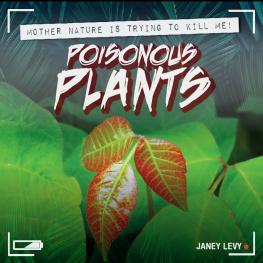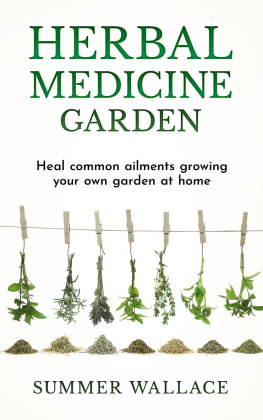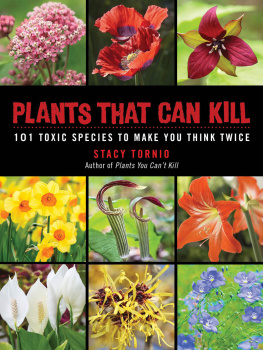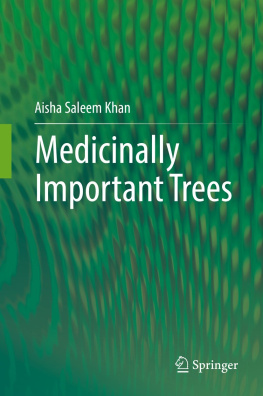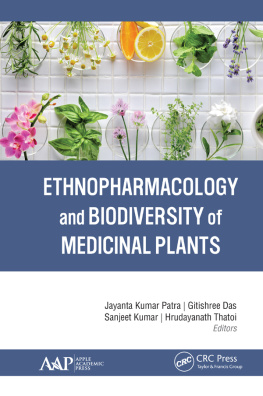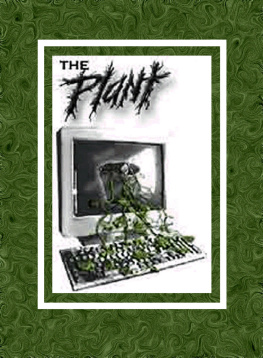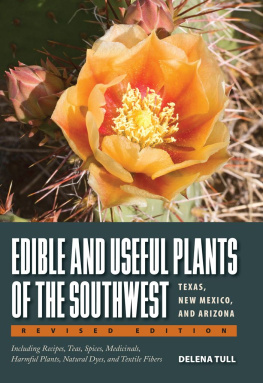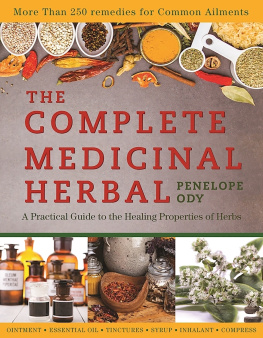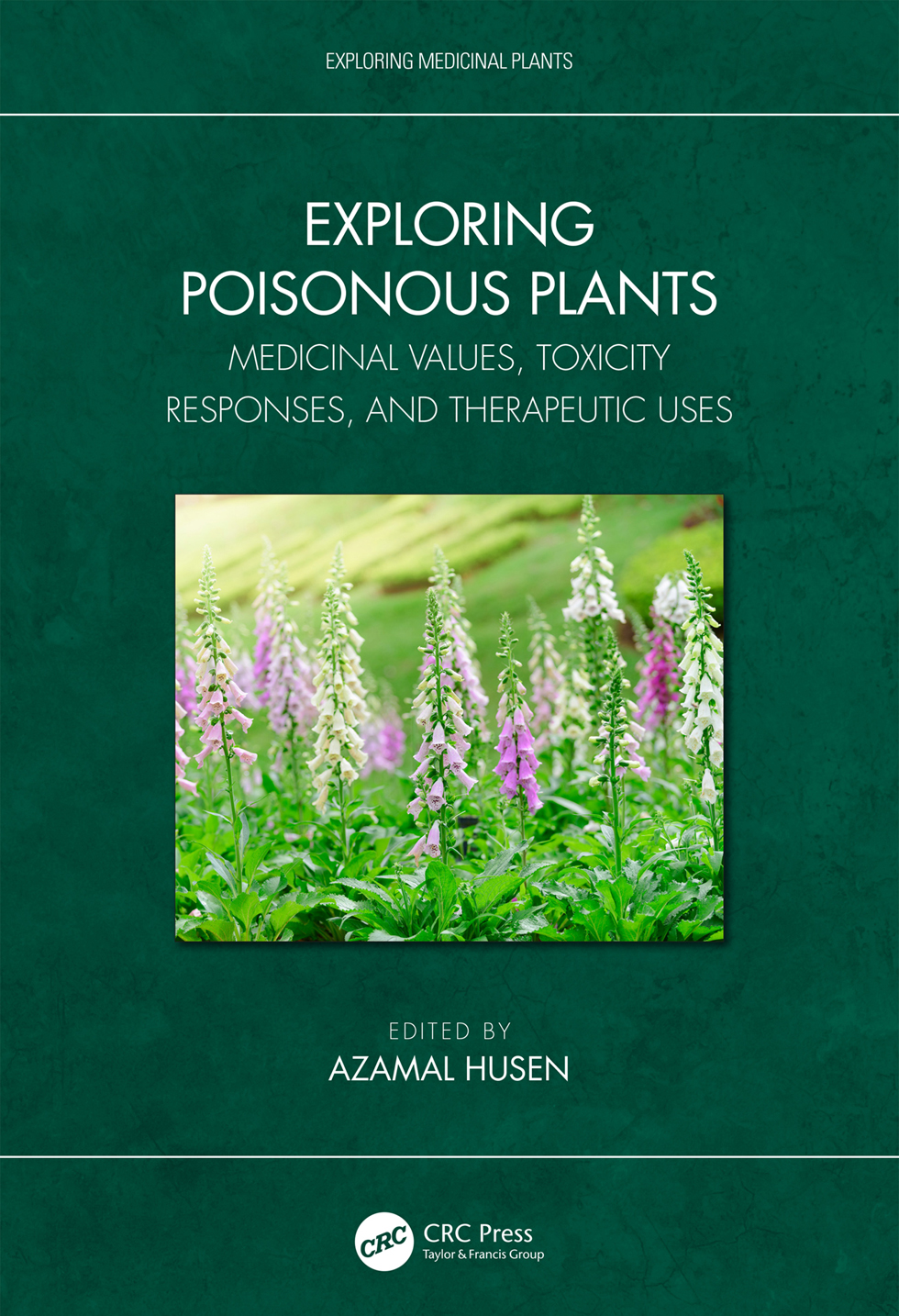
Exploring Poisonous Plants
Poisonous plants are used in traditional medicine systems in various healing therapies. They are a rich resource of ingredients used in herbal drug formulations that are also used in the development of synthetic drugs. They are recognized for their antioxidant, anti-inflammation, anti-cancer, and anti-diabetic activities and for many other health benefits. Exploring Poisonous Plants: Medicinal Values, Toxicity Responses, and Therapeutic Uses provides an analysis of the most important poisonous herbs, shrubs, and trees, detailing poisonous plants while demonstrating endorsements for their potential therapeutic values.
Features:
Presents therapeutic potentials on various poisonous herbs, shrubs, and trees.
Provides descriptions of notable toxic compounds and discusses their adverse effects when consumed by animals or people.
Gives practical guidance for botanical description, distribution, phytochemical constituents, pharmacological studies, and traditional and other potential uses of selected poisonous plants.
This volume in the Exploring Medicinal Plants series is appropriate for scientists, researchers, and students working with poisonous plants, as well as in areas of economic botany, plant biochemistry, biotechnology, pharmacognosy, pharmaceuticals, industrial chemistry, and nanomedicine.
Exploring Medicinal Plants
Series Editor:
Azamal Husen
Wolaita Sodo University, Ethiopia
Medicinal plants render a rich source of bioactive compounds used in drug formulation and development; they play a key role in traditional or indigenous health systems. As the demand for herbal medicines increases worldwide, their supply is declining as most of the harvest is derived from naturally growing vegetation. Considering global interests and covering several important aspects associated with medicinal plants, the Exploring Medicinal Plants series comprises volumes valuable to academia, practitioners, and researchers interested in medicinal plants. Topics provide information on a range of subjects including diversity, conservation, propagation, cultivation, physiology, molecular biology, growth response under extreme environment, handling, storage, bioactive compounds, secondary metabolites, extraction, therapeutics, mode of action, and healthcare practices.
Led by Azamal Husen, PhD, this series is directed to a broad range of researchers and professionals consisting of topical books exploring information related to medicinal plants. It includes edited volumes, references, and textbooks available for individual print and electronic purchases.
Sustainable Uses of Medicinal Plants
Learnmore Kambizi and Callistus Bvenura
Omics Studies of Medicinal Plants
Ahmad Altaf
Traditional Herbal Therapy for the Human Immune System
Azamal Husen
Environmental Pollution and Medicinal Plants
Azamal Husen
Herbs, Shrubs, and Trees of Potential Medicinal Benefits
Azamal Husen
Phytopharmaceuticals and Biotechnology of Herbal Plants
Sachidanand Singh, Rahul Datta, Parul Johri, and Mala Trivedi
Exploring Poisonous Plants: Medicinal Values, Toxicity Responses, and Therapeutic Uses
Azamal Husen
Plants as Medicine and Aromatics: Conservation, Ecology, and Pharmacognosy
Mohd Kafeel Ahmad Ansari, Bengu Turkyilmaz Unal, Munir Ozturk, and Gary Owens
Medicinal Plant Responses to Stressful Conditions
Arafat Abdel Hamed Abdel Latef
Designed cover image: Shutterstock
First edition published 2023
by CRC Press
6000 Broken Sound Parkway NW, Suite 300, Boca Raton, FL 33487-2742
and by CRC Press
4 Park Square, Milton Park, Abingdon, Oxon, OX14 4RN
CRC Press is an imprint of Taylor & Francis Group, LLC
2023 Taylor & Francis Group, LLC
Reasonable efforts have been made to publish reliable data and information, but the author and publisher cannot assume responsibility for the validity of all materials or the consequences of their use. The authors and publishers have attempted to trace the copyright holders of all material reproduced in this publication and apologize to copyright holders if permission to publish in this form has not been obtained. If any copyright material has not been acknowledged please write and let us know so we may rectify in any future reprint.
Except as permitted under U.S. Copyright Law, no part of this book may be reprinted, reproduced, transmitted, or utilized in any form by any electronic, mechanical, or other means, now known or hereafter invented, including photocopying, microfilming, and recording, or in any information storage or retrieval system, without written permission from the publishers.
For permission to photocopy or use material electronically from this work, access
Trademark notice: Product or corporate names may be trademarks or registered trademarks and are used only for identification and explanation without intent to infringe.
Library of Congress CataloginginPublication Data
Names: Husen, Azamal, editor.
Title: Exploring poisonous plants : medicinal values, toxicity responses, and therapeutic uses / edited by Azamal Husen.
Description: First edition. | Boca Raton, FL: CRC Press, 2023. | Includes bibliographical references and index.
Identifiers: LCCN 2022038657 (print) | LCCN 2022038658 (ebook) | ISBN 9781032311371 (hardback) | ISBN 9781032311388 (paperback) | ISBN 9781003308249 (ebook)
Subjects: LCSH: Poisonous plantsTherapeutic use. | Medicinal plants. | Materia medica, Vegetable.
Classification: LCC QK100.A1 E97 2023 (print) | LCC QK100.A1 (ebook) | DDC 581.6/59dc23/eng/20220825
LC record available at https://lccn.loc.gov/2022038657
LC ebook record available at https://lccn.loc.gov/2022038658
ISBN: 9781032311371 (hbk)
ISBN: 9781032311388 (pbk)
ISBN: 9781003308249 (ebk)
DOI: 10.1201/b23017
Typeset in Times
by codeMantra

To my sister, Kaiser Jahan
About the Editor

Azamal Husen served as Professor & Head, Department of Biology, University of Gondar, Ethiopia and is a Foreign Delegate at Wolaita Sodo University, Wolaita, Ethiopia. Earlier, he was a Visiting Faculty of the Forest Research Institute, and the Doon College of Agriculture and Forest at Dehra Dun, India. His research and teaching experience of 20 years involves studies of biogenic nanomaterial fabrication and application, plant responses to environmental stresses and nanomaterials at the physiological, biochemical and molecular levels, herbal medicine, and clonal propagation for improvement of tree species.
He has conducted several research projects sponsored by various funding agencies, including the World Bank (FREEP), the National Agricultural Technology Project (NATP), the Indian Council of Agriculture Research (ICAR), the Indian Council of Forest Research Education (ICFRE); and the Japan Bank for International Cooperation (JBIC). He received four fellowships from India and a recognition award from the University of Gondar, Ethiopia, for excellent teaching, research, and community service. Husen has been on the Editorial board and the panel of reviewers of several reputed journals published by Elsevier, Frontiers Media, Taylor & Francis, Springer Nature, RSC, Oxford University Press, Sciendo, The Royal Society, CSIRO, PLOS, MDPI, John Wiley & Sons and UPM Journals.
Next page

